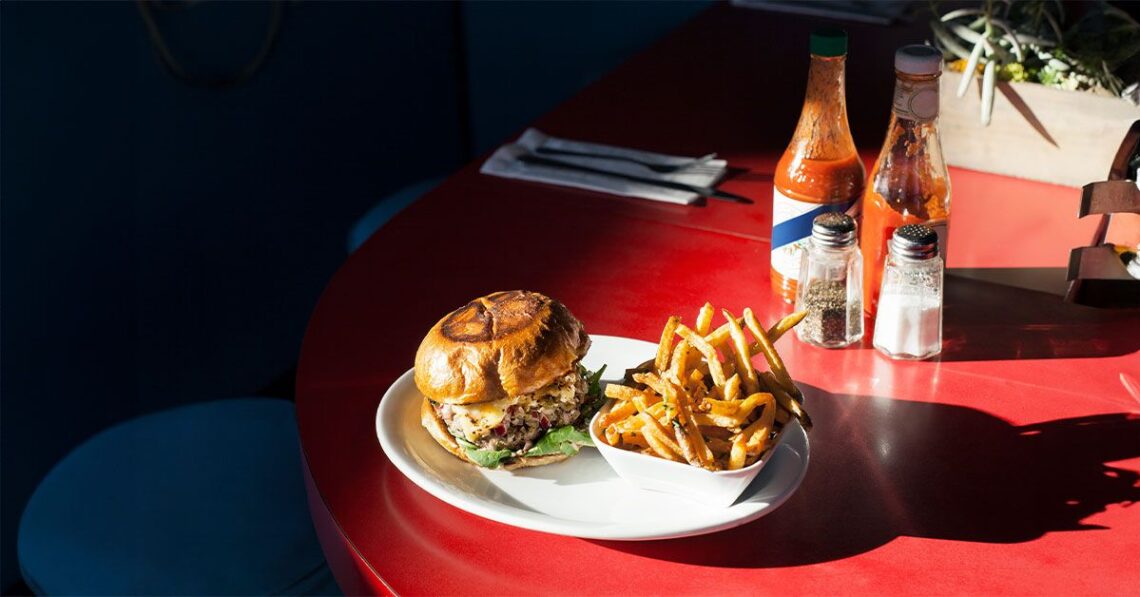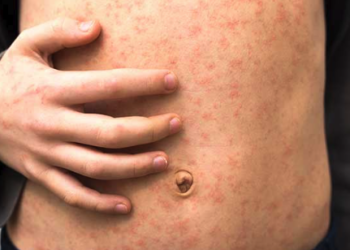- A new study in rats has found that a high-sugar, high fat diet, such as junk food or a Western diet, caused long lasting memory issues.
- These foods are thought to disrupt the functioning of the hippocampus, an area critical for memory in humans as well as rats.
- The most concerning finding may be that this damage to memory remained even after the rats were switched over to a healthy diet.
During childhood and adolescence, the human brain is especially vulnerable as it develops toward adulthood.
A new study of rats by researchers at USC Dornsrife in California finds that brains at this stage are especially susceptible to damage caused by high fat, high-sugar junk food — or a typical Western — diet.
The authors of the study investigated the effect of such foods on levels of the neurotransmitter acetylcholine (ACh), which is important for memory, including learning, arousal, and attention.
For the study, juvenile and adolescent rats were provided an assortment of foods. These included high-fat, high-sugar chow, potato chips, peanut butter cups, and high-fructose corn syrup, any one of which they could consume as desired. They also had ad libitum access to water.
Only standard chow and water were available to a control group of rats.
Upon achieving young adulthood, the rats were administered memory tests. Introduced to novel locations, each rat encountered new objects. After some days, the rats were reintroduced to these areas, with one new object having been added. Although the control group exhibited curiosity regarding that object, the experimental group appeared not to notice anything had changed.
Even after being switched to a healthy diet in adulthood, the experimental groups’ memory deficiencies persisted, suggesting potentially long-lasting damage to the brain.
The researchers observed compromised ACh signaling in the experimental groups’ hippocampus, a region closely…
Read the full article here







